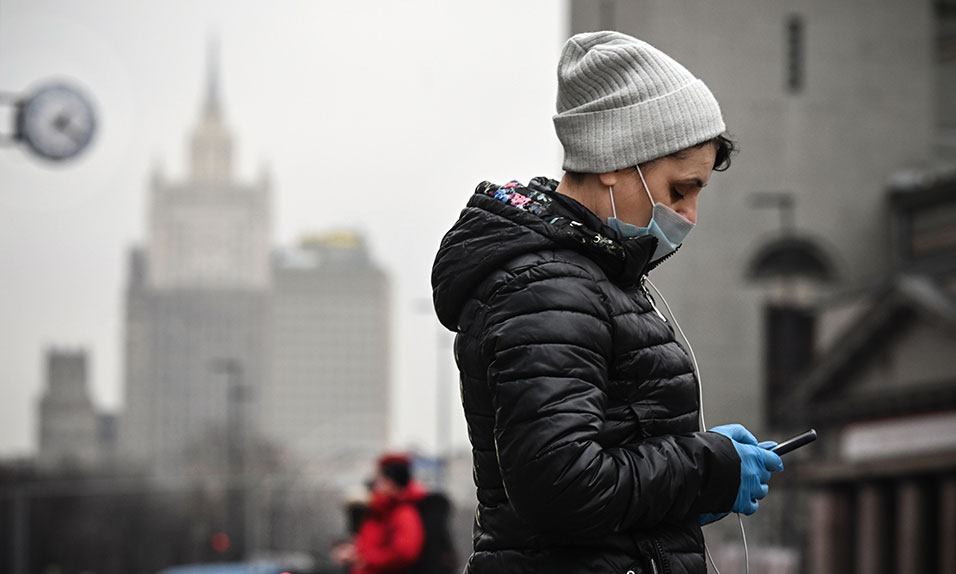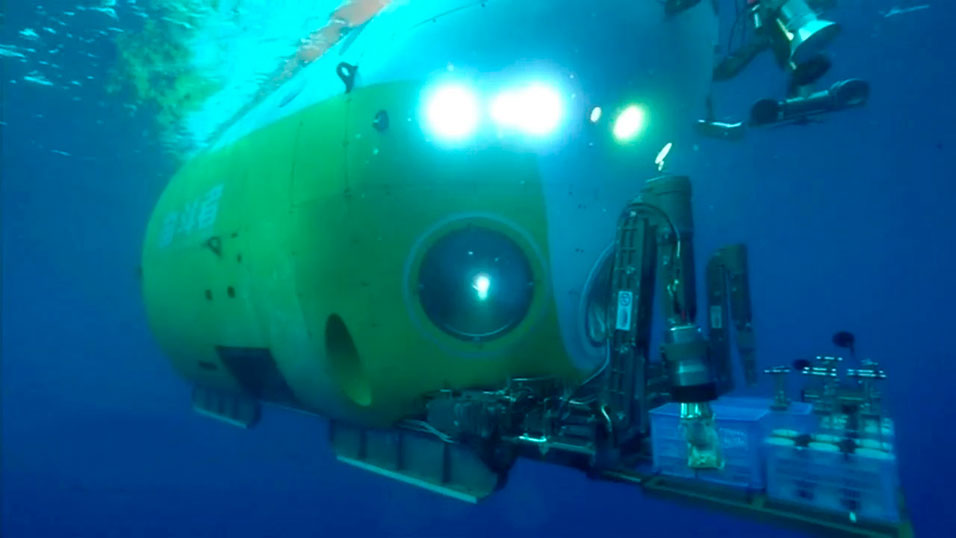PARIS (AFP).- The current pandemic has seen unprecedented global efforts to discover a safe and effective treatment, either by developing new medicines to target the novel coronavirus or repurposing existing drugs.
But very few of the drugs tested and administered so far have proven effective, a conclusion reinforced by updated treatment advice issued by the World Health Organization on Friday.
Dexamethasone
The only treatment proven to reduce coronavirus mortality, the steroid dexamethasome, has shown promise in early trials among hospitalised patients requiring oxygen.
It has been endorsed as a Covid-19 treatment by both the WHO and the European Medicines Agency.
But it remains something of a drug of last resort -- early evidence suggests it is only effective among the most serious cases.
More recent research has suggested that other steroids may also play a role in reducing mortality among patients requiring hospital care.
Remdesivir
An antiviral originally developed to treat Ebola, remdesivir was found to reduce the length of hospital stays for coronavirus sufferers from 15 to 11 days on average, according to a study published in May in the New England Journal of Medicine.
However the WHO on Friday recommended against treating Covid-19 patients with remdesivir as there was "no evidence based on currently available data that it does improve patient-important outcomes" such as mortality.
The updated advice was based on four international randomised trials among more than 7,000 patients hospitalised with the virus.
But based on the latest figures, costs and delivery methods, the WHO advised "against administering remdesivir in addition to usual care for the treatment of patients hospitalised with Covid-19, regardless of disease severity".
Maker Gilead expressed its disappointment.
Hydroxychloroquine
Perhaps the most controversial drug to emerge from the pandemic, hydroxychloroquine is an anti-malarial hailed as a miracle cure by its proponents.
Critics in contrast warn that due to potential serious side effects, treating coronavirus patients with hydroxychloroquine is even worse than a placebo.
While high-profile figures such as US President Donald Trump appear convinced, science says otherwise.
In June the British-led Recovery trial team said that hydroxychloroquine does nothing to reduce coronavirus mortality, something corroborated by the WHO's study results on Friday.
Lopinavir-ritonavir
Used against HIV, the virus that causes AIDS, this one-two anti-viral punch has shown to be ineffective at treating Covid-19 in hospital settings.
Antibodies
When the body fights off viruses such as SARS-CoV-2 it develops antibodies -- proteins that are programmed to target specific pathogens.
These anti-bodies can be synthesised in a lab and could in theory be given to patients sick with Covid-19 to boost their own natural immune response.
Trump received this still experimental treatment when he was hospitalised with the virus.
Plasma
Plasma taken from the blood of recovered patients showed some early promise when given intravenously to people sick with Covid-19.
It has already shown to help speed recovery from Ebola and SARS, which is caused by the same family of pathogens as the novel coronavirus.
Recovery has an ongoing clinical trial for plasma treatment.
Others
The British-led survey is also currently evaluating the efficacy of tocilizumab, an immunosuppressant scientists hope will be able to prevent excess and potentially lethal inflammation in serious cases.
And a number of trials are underway exploring the repurposing of various drugs that are used to treat other illnesses.
© Agence France-Presse










